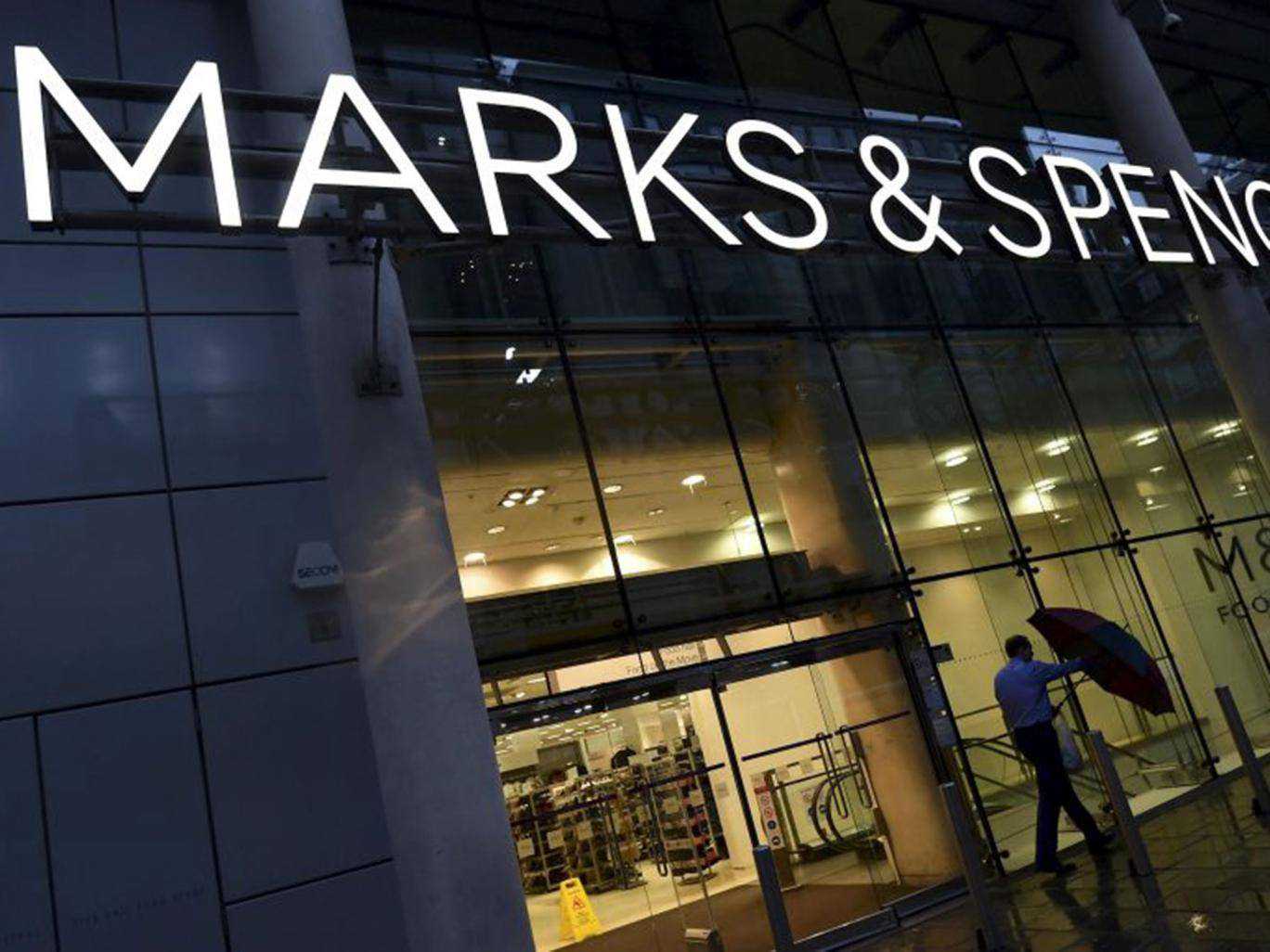Super Thursday anything but super for big retailers like Tesco, M&S

Super Thursday! That’s what they call it on planet retail. Except there wasn’t much that was super about it.
These events – that see a bewildering array of retailers all issuing trading updates at the same time – are a City shelf stacker's nightmare. They’re actually bad news for anyone with an interest in the sector.
How to keep on top of things when you have Tesco, M&S, John Lewis and House of Fraser (neither listed but widely followed), boohoo, GAME Digital, Card Factory, Footasylum, AO.com, Marshall motors, and Booker all reporting at the same time?
It would have been worse but for the fact that Debenhams, Mothercare and Moss Bros had a bad enough time of it that they had previously brought forward their trading statements to warn the City that its forecasts were overly optimistic.
It wasn't just the retailers. There were, in fact, 30 or so trading statements issued over the stock exchange yesterday.
All these businesses have investor relations departments, or what passes for that function, staffed by well paid people who are ostensibly hired for their communications skills.
It might be sensible if they were to try communicating with each other to try and find a way to prevent this sort of thing from happening in future. But I wouldn’t get you hopes up.
But to the big guns, which will always get noticed regardless of when they report. John Lewis’s sales held up at the expense of margin thanks to Black Friday discounting which it moaned about
However, there was nothing super about the day for either Tesco or M&S.
The former declared a record Christmas, with sales at existing stores 1.9 per cent higher and food up by a sprightly 3.4 per cent, ahead of the market.
However, analysts had shot for overall growth of 3.2 per cent, so that came as a disappiontment particularly when you consider that Tesco’s habit has been to micromanage expectations so that the City’s scribblers are usually there or thereabouts.
Despite some positive comment on the back of the figures, the undershoot ruffled investors' feathers to the extent that the shares lost close to 5 per cent.
There was some unexpected disruption caused by the collapse of supplier Palmer & Harvey in November, which hit Tesco's tobacco business. But the numbers were also knocked by weak sales of computers, gifts, home entertainment products. In other words, the sort of things that haven’t been doing well anywhere on the High Street.
So perhaps the numbers shouldn’t have come as all that much of a surprise. It’s just that the City has rather got used to Diamond David Lewis being able to walk on water with the revival he’s sparked at the Goliath of the grocery business.
It could have been a lot worse. Sainsbury’s was. But this does rather bring Mr Lewis' glowing rep back to earth, at least by a bit.
His buy up of Booker looked good in one respect, with the wholesaler reporting a punchy 3.8 per cent rise in its sales. On the other hand, those who were concerned about the deal taking Mr Lewis’ focus off the recovering core business might have a few more arrows in their quiver.
Whatever problems Mr Lewis has, however, are mild by comparison to those faced by his opposite number at M&S. Its boss Steve Rowe has placed a big strategic bet on the High Street stalwart's premium food business, which has for a long time looked like the jewel in a tarnished crown.
The takeaway from this retail season is that, while British consumers are skittish, they’ve been willing to treat themselves to some premium hot smoked salmon blinis while awaiting Chritsmas dinner in the Next hoodies they found under the tree. It was just from Morrisons rather than M&S. People seem to like premium nosh. But if you can find the same quality for a lesser price then why not do so? Perhaps that explains M&S Food's 0.4 per cent decline.
